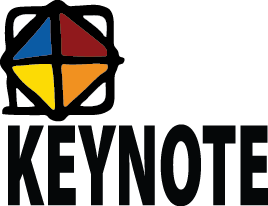


When surprising situations occur or when expectations are violated, we sometimes let our emotions get the best of us. Emotions seem to explode out of nowhere, and we might say or do things that we regret later. When people become highly emotional, they usually blame others or make wild accusations, then others shut down. Your leadership is called into question. People start stressing, and everyone spends more time worrying about what will happen next rather than doing their jobs. They dwell on bad news or things that have gone wrong rather than working together.
Emotional intelligence is the key to effective leadership and organizational effectiveness, as everyone in the organization learns to recognize which of their personal values trigger their emotional responses. Employees, leaders, and managers become more aware of their own personal behavior and, as a result, gain more control of their interactions during stressful times.
How do people create the feelings that tend to get them in trouble? How can everyone become more responsible and in control of how they interact with others? Why do emotionally intelligent people make better leaders, succeed in stressful times, live longer, and typically earn a higher salary? What impact does a more emotionally intelligent workforce have on job satisfaction? On productivity? Retention? Innovation?
The Business of Emotional Intelligence isn't just for leaders, CEOs and C-Suite executives. It is for everyone that works with others and who hopes to interact in ways that are productive and rewarding. This presentation focuses on a simple set of strategies that help listeners increase their emotional intelligence—which will help them handle the recurring stresses of today’s highly competitive and constantly changing workplace.
The Business of Emotional Intelligence strategies are simple to learn and apply. Rather than wholly theoretical or academic principles, participants learn practical and applicable skills that help them not only understand and manage themselves, but also help them recognize and manage the emotional reactions of others. This understanding of emotional reactions allows people to engage with others confidently and respectfully.
Results: huge gains in creating a highly candid and productive workforce.